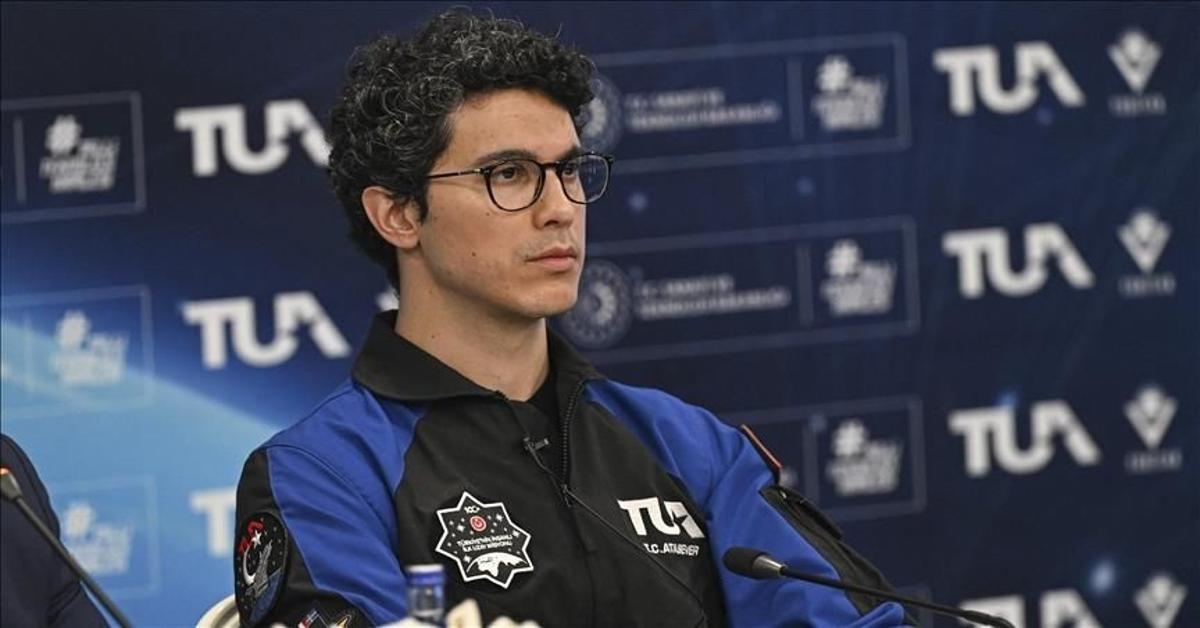
Tuva Cihangir Atasever will undertake a significant suborbital flight from New Mexico on June 8, conducting scientific experiments to enhance understanding of human physiology and technology
On June 8, 2024, Tuva Cihangir Atasever, Türkiye’s second astronaut, will embark on a historic suborbital flight from Virgin Galactic's Spaceport facilities in the U.S. state of New Mexico.
During the mission, lasting approximately one and a half hours, Atasever will conduct 7 scientific experiments aimed at advancing the understanding of human physiology and technology under microgravity conditions.
Notably, the flight will utilize an 'air launch' technique, where a carrier aircraft will elevate the spacecraft to about 8.5 miles before it detaches and fires its rocket engine to climb rapidly to 56 miles above Earth.
"The launch method allows us to bypass the thicker layers of the atmosphere efficiently," Atasever explained at a recent press conference. He detailed the flight’s trajectory, noting that the spacecraft would accelerate to three times the speed of sound, briefly experience freefall, and then glide to land on the same runway from which it took off.
Atasever is particularly excited about the BEACON experiment, which will monitor brain activity by measuring blood flow and spinal fluid dynamics in the brain’s prefrontal cortex using a near-infrared spectroscopy device. "We expect to learn how microgravity affects cerebral and spinal fluids, which could address astronaut health issues like vision impairment," Atasever said.
Another critical aspect of the mission is measuring radiation exposure with the IvmeRad Radiation Dosimeter. This experiment will provide essential data on the radiation levels faced by astronauts, which is crucial for long-duration space travel.
Atasever will also test how medications, specifically insulin, can be administered in space, which is a collaborative experiment between TUA and Axiom Space. "The Insulin Pen in Space Test will check the function of insulin pens in microgravity, a first-of-its-kind study," he noted.
Mehmet Fatih Kacir, the Minister of Industry and Technology emphasized the mission's strategic importance at the press briefing. "We are opening a new chapter in Türkiye’s space journey, one that builds on our robust investment in technology and innovation over the past two decades," Kacir stated.
Alper Gezeravci, the first Turkish astronaut, who also attended the briefing, shared his support for Atasever’s mission. "Our diverse backgrounds in aviation and engineering have enriched our training sessions, and I am fully confident in Atasever’s success," Gezeravci commented.
The flight is not just a scientific endeavor but a part of Türkiye’s broader ambitions in space, which include the upcoming launch of the TÜRKSAT-6A satellite and the development of a native spaceport by 2030. This mission thus plays a crucial role in Türkiye’s strategy to become a key player in the international space community.
Source: Newsroom